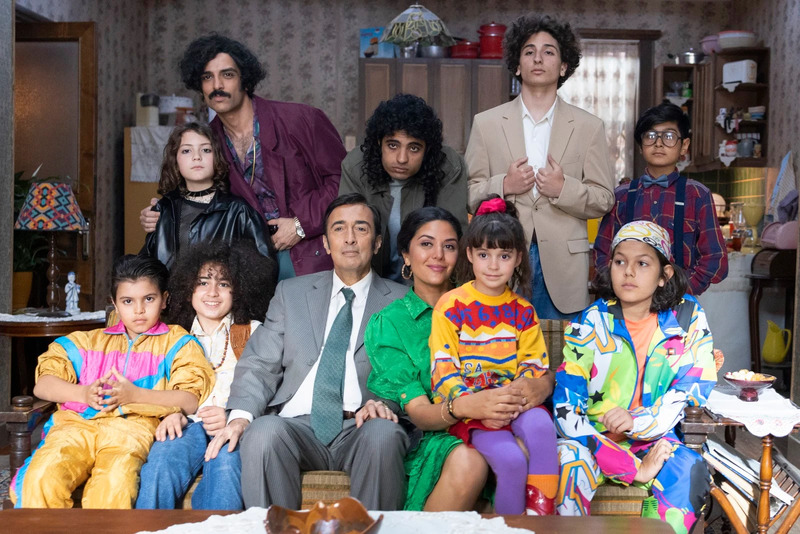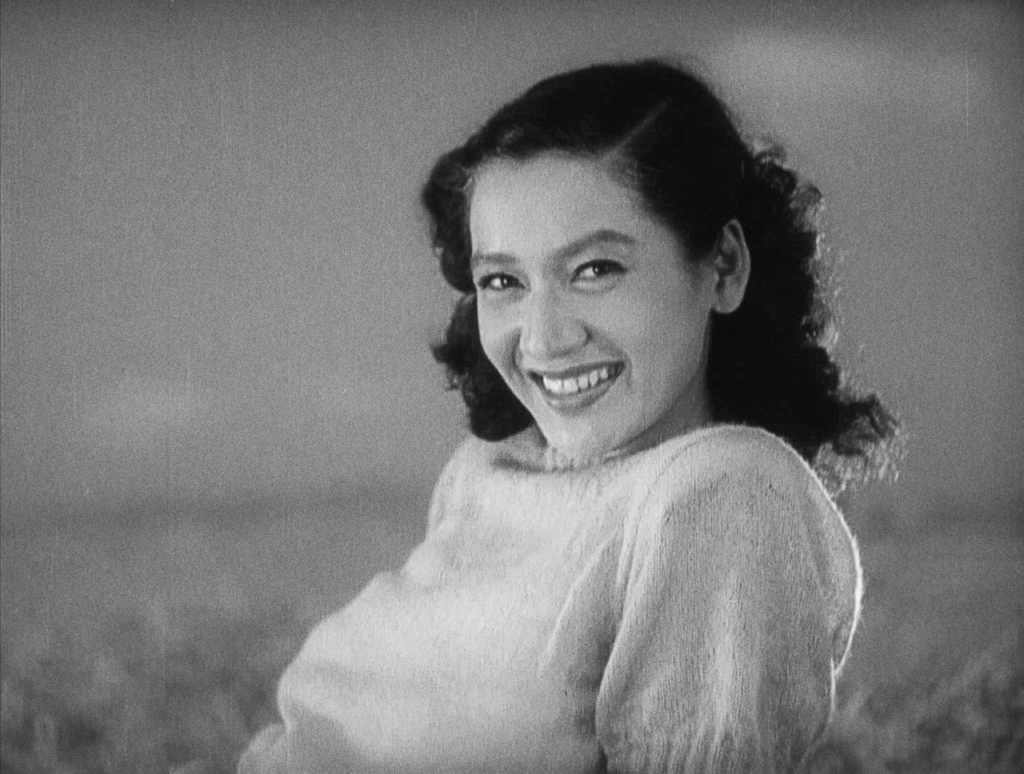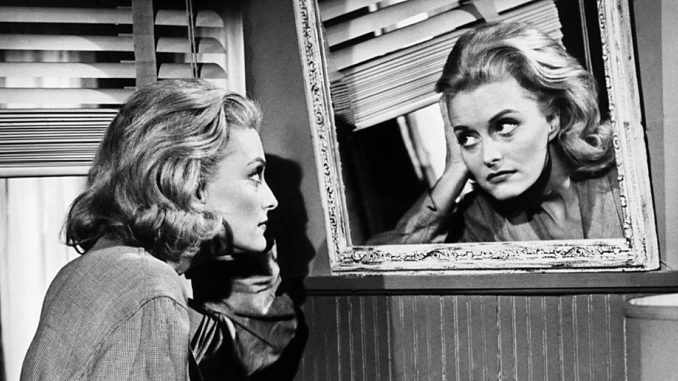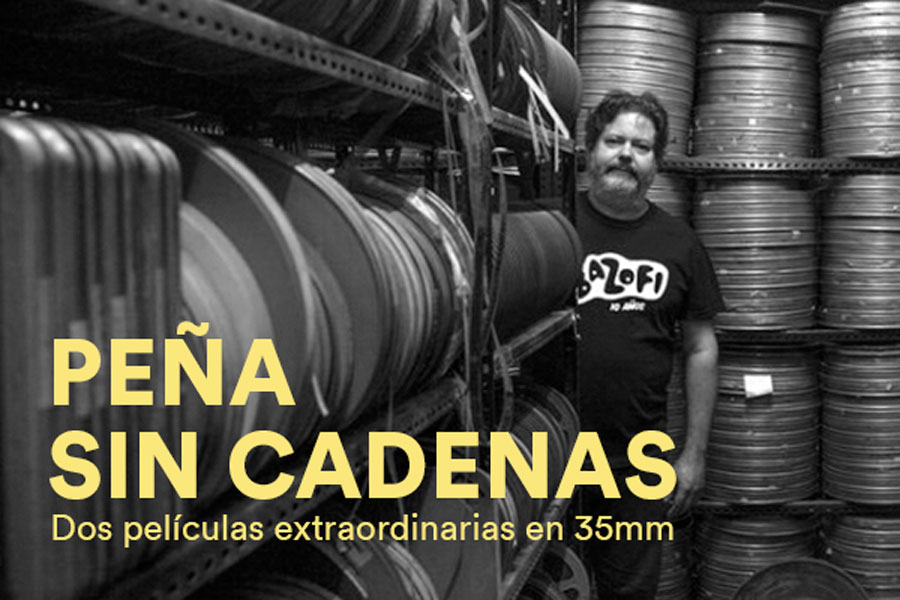
La versión persa
The Persian Version
Estados Unidos, 2023
Dirección: Maryam Keshavarz
Con Layla Mohammadi, Niousha Noor, Kamand Shafieisabet, Bijan Daneshmand, Bella Warda, Sachli Gholamalizad, Chiara Stella, Shervin Alenabi, Jerry Habibi, Arty Froushan, Tom Byrne, Reza Diako, Parsa Kaffash, Mia Foo, Andrew Malik, Parmida Vand, Ash Goldeh, Samuel Tehrani and M. Mehdi Tahmasebi.
Duración: 107 minutos
Leila es hija de inmigrantes iraníes en los Estados Unidos y la única mujer de nueve hermanos. Esto hace que experimente una fuerte presión social, cultural y familiar. A raíz de una importante operación que tuvieron que hacerle a su padre, esta gran familia se reúne, lo que provoca que las distanciadas madre e hija se embarquen en una exploración del pasado y comiencen a sanar su relación. La versión persa es una película que despliega una estética fresca e inquieta en sus referencias y combinaciones estético-narrativas, como resultado de una enunciación que dirige en su mayoría el personaje de Lelia. Al mismo tiempo, la película se acerca al pasado y la experiencia de Shireen, madre de Leila, lo que nos permite profundizar en los conflictos y las tensiones que se expresan entre madre e hija. Con ternura y afecto La versión persa construye un retrato de la hija a través de la historia de la madre; para así comprender las diferencias de sus decisiones a través de las diferencias epocales y contextuales. Nominada y premiada en distintos festivales -entre ellos en el último festival de Sundance, donde se llevó el premio del público- esta es una película inquieta, donde el trepidante ritmo de comedia no obstruye la reflexión.
Y eso es, quizás, lo más interesante del ejercicio de Kesavarz: la intención desembozada de hacer una comedia que camina la delgada línea de las diferencias culturales entre dos países que se identifican mutuamente como la fuente del Mal. Kesavarz se niega a elegir un lado en esta discusión y sabe perfectamente que nunca encajará bien en ninguna parte. Será para siempre una estadounidense en Irán y una iraní en los Estados Unidos y no puede hacer nada por remediarlo. Salvo, claro, elegir su propio camino, tomando lo mejor de cada cultura. Porque es verdad que se puede bailar “Girls Just Want to Have Fun” en Teherán, a la manera de las danzas típicas iraníes. ¿Qué regla escrita en el cielo podría impedirlo?
Si Persépolis de Marjane Satrapi fue el relato de la rebelión de una niña del siglo XX, nacida en Irán y exiliada en Francia ante la brutal transformación que implicó la Revolución Islámica de 1979, La versión persa es el relato de una niña del siglo XXI nacida en los Estados Unidos para la que la esperanza -para Irán, y probablemente para el mundo- está puesta en las mujeres.
Así, La versión persa cumple exactamente lo que promete su título: poner en pantalla la idea de que no existen verdades absolutas sino versiones, la de que en el mundo de hoy es imprescindible escaparle a la rigidez como si fuera la peste, la de que las identidades -culturales, sexuales- son permeables y fluidas y que la fe en la política como compromiso transformador de la realidad no tiene nada que ver con la seriedad, en nombre de la cual tantos crímenes se han cometido.
Leila is the daughter of Iranian immigrants living in the United States and the only woman of nine children. This causes her to experience a strong social, cultural and family pressure. In the aftermath of a major operation on their father, this large family is reunited, prompting the estranged mother and daughter to embark on an exploration of the past and to begin to heal their relationship. The Persian version is a film that displays a fresh and restless aesthetic in its references and aesthetic-narrative combinations, as a result of declaration addressed mostly by Lelia’s character. Simultaneously, the film approaches the past and Shireen’s background, Leila's mother, allowing us to delve into the conflicts and tensions that are expressed between mother and daughter. With tenderness and affection, the Persian version builds a portrait of the daughter through the story of the mother; aiming to understand the differences of their decisions through epochal and contextual differences. Nominated and awarded at different festivals – including the last Sundance festival where it won the Audience Award – this is an agitated film, where the frenetic rhythm of comedy does not obstruct reflection. And that is, perhaps, the most interesting thing about Kesavarz's exercise: The unbridled intention of making a comedy that treads the thin line of cultural differences between two countries that identify each other as the source of Evil. Kesavarz refuses to choose a side in this argument and is fully aware that she will never fully fit in anywhere. She will forever be an American in Iran and an Iranian in the United States, and she can do nothing about it. Except, of course, choosing her own path, taking the best of each culture. Because the fact is you can dance "Girls Just Want to Have Fun" in Tehran the way typical Iranian dances do. What heavenly rule could prevent this?
If Marjane Satrapi's Persepolis was the story of the rebellion of a twentieth-century girl, born in Iran and exiled in France in the face of the brutal transformation implied by the Islamic Revolution of 1979, The Persian version is the story of a twenty-first-century girl born in the United States for whom hope – for Iran, and probably for the world – is put on women.
Thus, The Persian Version fulfils exactly what its title promises: To put on screen the idea that there are no absolute truths but versions, that in today's world it is essential to escape rigidity as if it were the plague, that identities – cultural, sexual – are permeable and fluid and that faith in politics as a commitment to transform reality has nothing to do with seriousness, in the name of which so many crimes have been committed.




